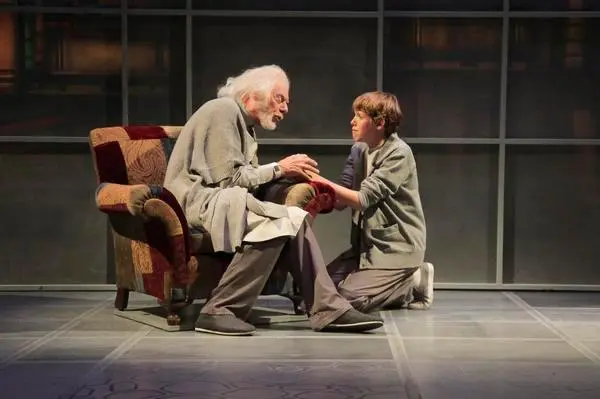The Giver : The Significance of Memory

Lois Lowry’s, ‘The Giver’, is set in a supposedly utopian society, isolated from Elsewhere. The inhabitants of the community cannot feel love, pain, pride, nor sorrow. No one is any different from the other. Every year, the Ceremony of Twelve takes place where twelve year olds get appointed their lifelong jobs. The protagonist, Jonas, isn’t called upon at the ceremony and later learns that he is the next Receiver of Memory. Jonas is trained by a man he calls The Giver, and attains memories that people of his community left behind in order to bring about social order. The illusion of their idyllic community fades away as he learns about the horrors of Release and can See-Beyond. Lowry’s novel uncovers the imperfect nature of utopia and makes one of the most thought provoking works of young adult fiction.
‘The Giver’ is a simply written, but extreme captivating novel that stirs the reader’s imagination while also making them reflect upon the flawed nature of their own society. The conditioned society illustrated in the novel is often said to parallel those of ‘The Handmaid’s Tale’ and ‘A Wrinkle in Time’, that are both clearly dystopian. However, the community in ‘The Giver’ is supposed to be utopian, which makes the story that much more compelling. Over the course of the book, Jonas matures and learns about the true nature of his society, which made me, as a reader, think about ours. Lowry is known for this use of pathos in many of her novels.
’The Giver’, unlike many young adult novels, ends on a cliffhanger. In this case, it actually complimented the rest of the story really well. Lowry allows the reader to illustrate what happens next for themselves before reading the second book of ‘The Giver’ quartet, ‘Gathering Blue’. As opposed to many cliffhangers, the one in this novel received great reviews from critics.
On the other hand, the story is directed towards a younger audience and many readers find that some of the discussed concepts are far too dark for that age group. Moreover, the societal conditions seem to degrade the idea of motherhood and encourage pill usage. Although these are underlying concepts, they are slightly abhorrent considering the age of the target audience.
Another controversial topic that ‘The Giver’ discusses is infanticide. When Jonas learns about how Release from his community takes place, he no longer feels admiration towards his father and rather, feels a sense of betrayal. This concept is again, too dark for younger readers.
Notwithstanding these drawbacks, ‘The Giver’ won the John Newbery Medal as the committee considered it a “distinguished contribution to American literature”. I read this book a few years ago and it remains one of my favorites. I would recommend Lowry’s ‘The Giver’ to anyone looking for a light dystopian novel.
| Symposia: | |
| Goodreads: |
(this article is cross-posted from symposia)




